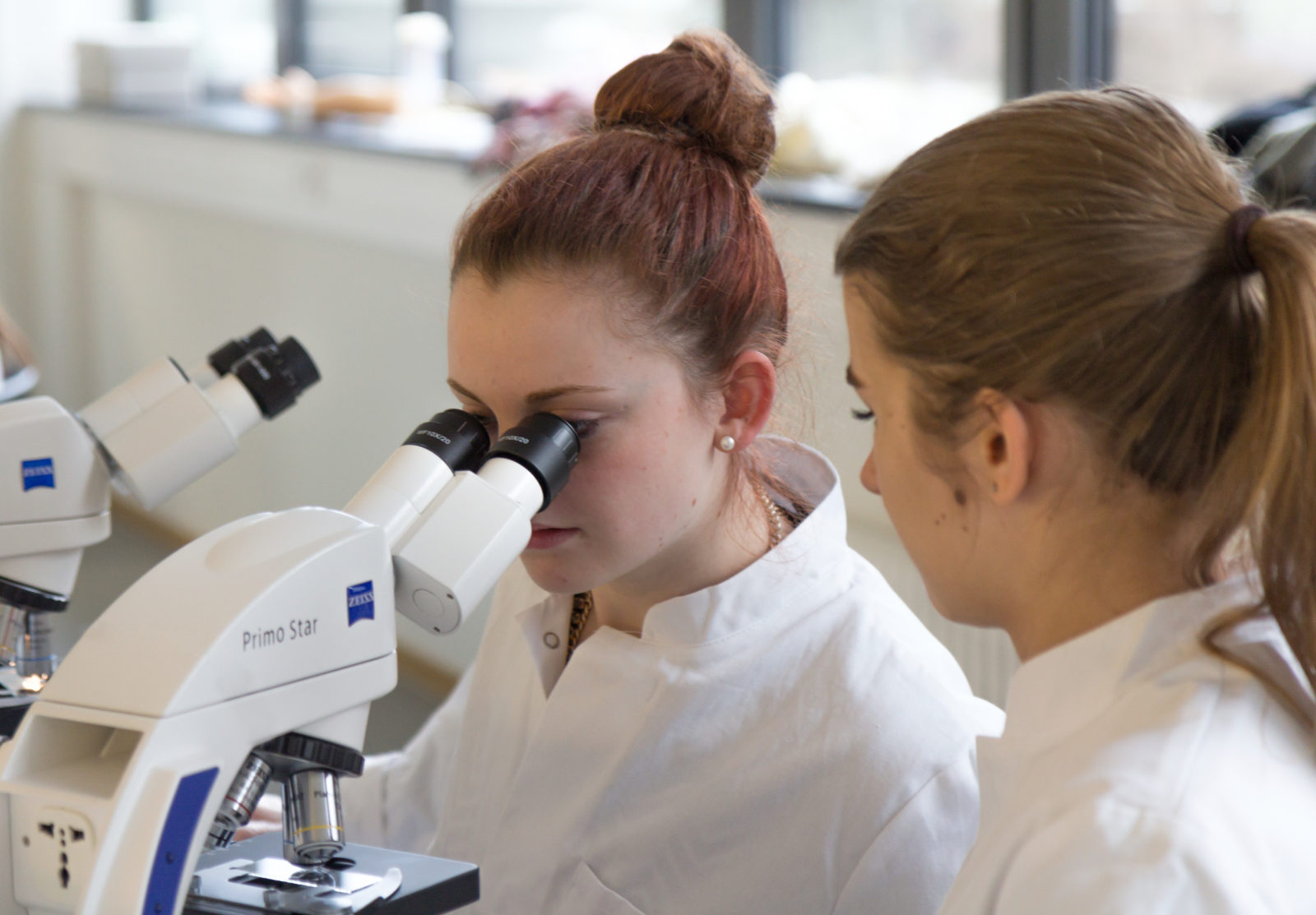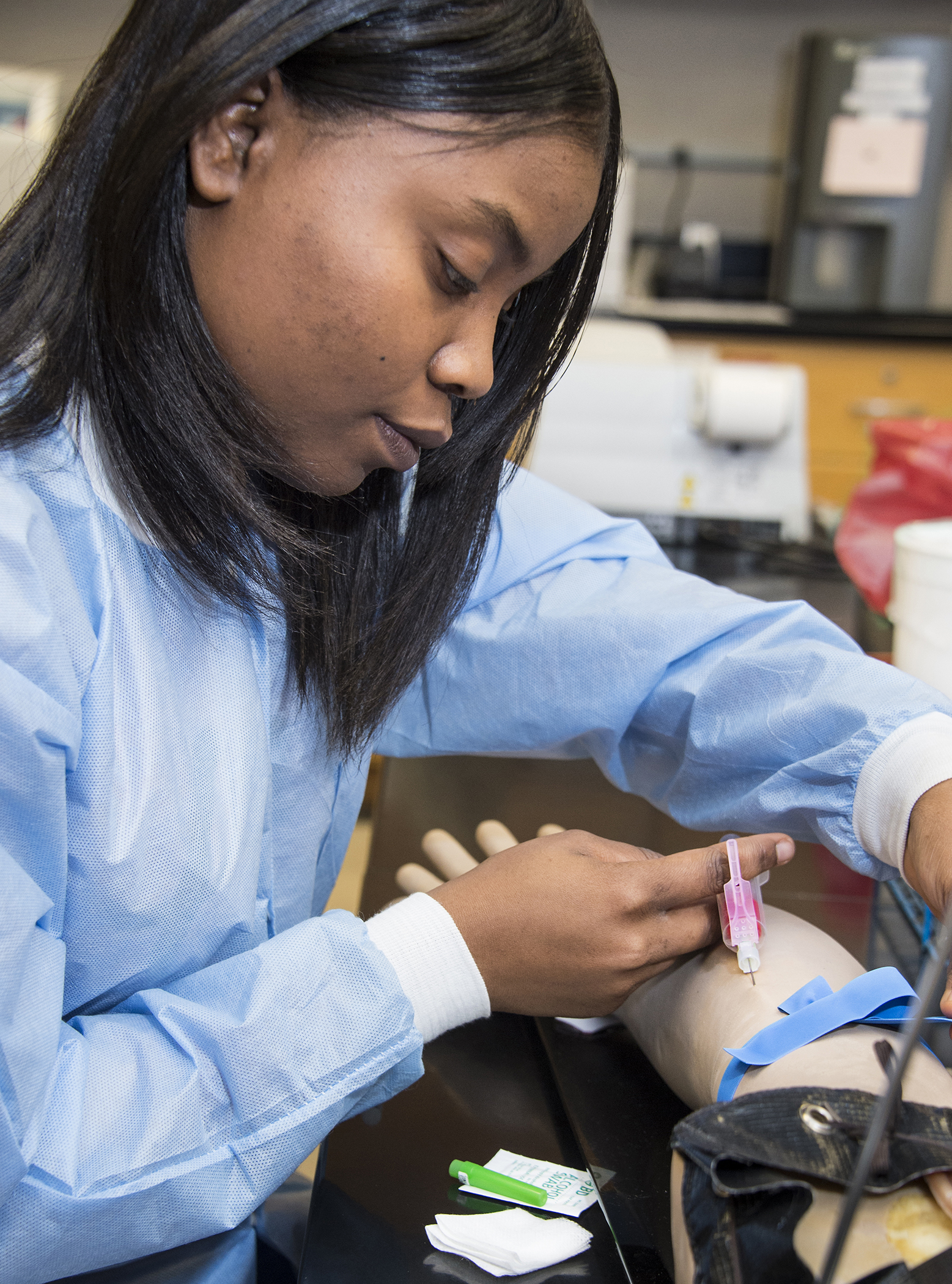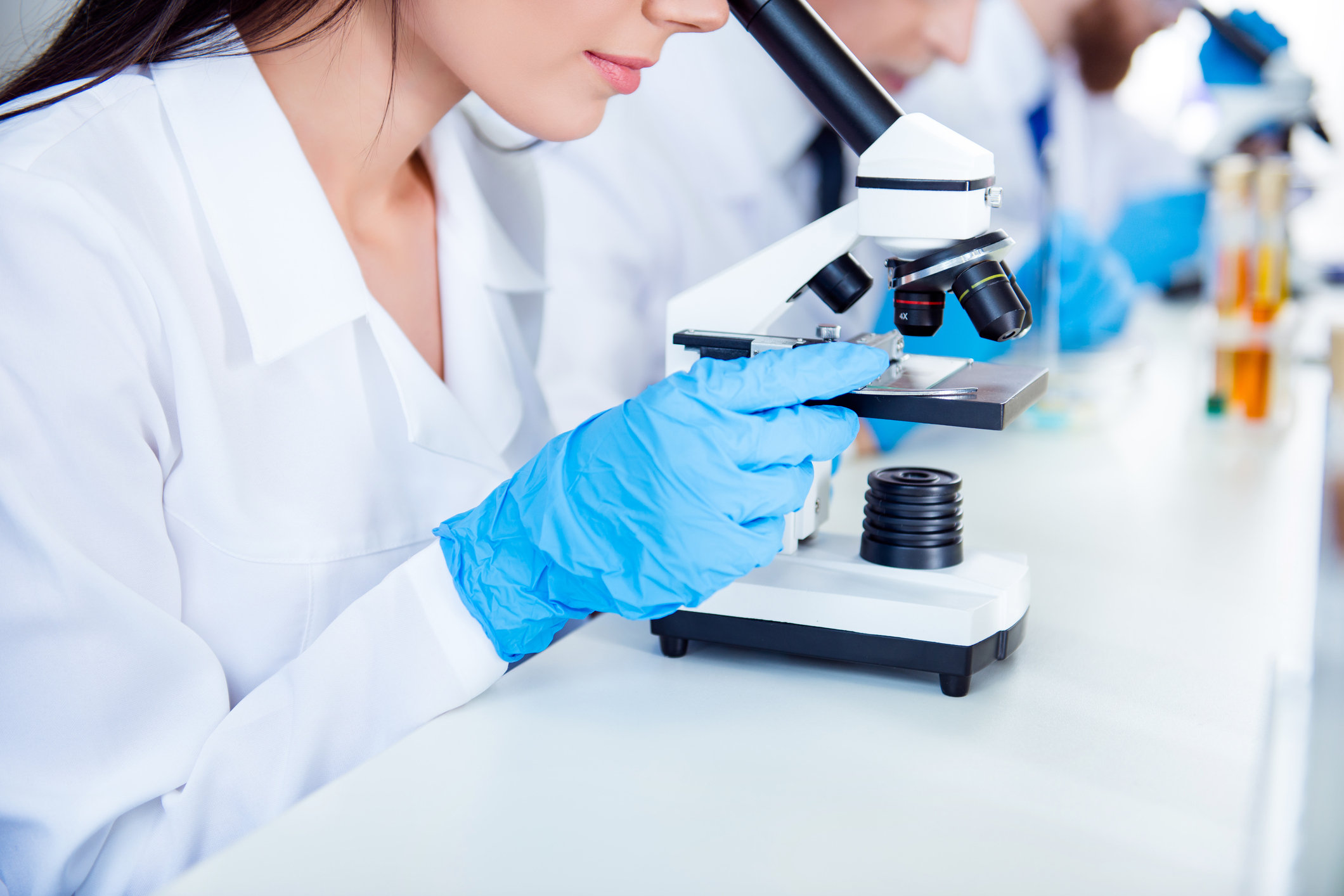
Information on who is eligible for a waiver can be found on the STLCC website. Completion of 60 semester hours of courses with at least 25 semester hours across various subjects related to the clinical laboratory sciences (maximum of 6. Students entering college for the very first time in fall 2019 and who intend to complete an associate’s degree must successfully complete a civics examination. Interested in this program? Start the enrollment process by visiting the Apply to STLCC page. Recognized as one of the best in the nation, our Medical Laboratory Technology program will teach you to perform a variety of procedures in hematology. Time to complete a program of study varies depending on the number of credit hours students earn per semester. Typically, most recent cohorts for wage and completion data are six years prior to the current academic year. The following limitations to the data apply: Information provided is based on the most recent cohorts available. Louis Community College” and choose the degree or credential type of interest. Louis Community College can be found at the following URL. For specific information on filing an application, you will need to. Pursuant to Missouri HB 1606 (2018), information regarding the number of credit hours, program length, employment rate, wage data, and graduates employed in careers related to their program of study at St. The following outlines general licensing information.


For more information on cost of attendance visit MoSCORES. Positions are available in hospitals, clinics, doctors’ offices, independent laboratories, and public health, research and industrial laboratories.Ĭost of Attendance. Graduates are eligible to take the American Society for Clinical Pathology (ASCP) Board of Certification Examination. in ghana, a doctor of medical laboratory scientist (mls.

To graduate, a student must obtain a "C" or better on all science, math courses and all courses in the area of concentration. The average salary for a Clinical Laboratory Technician is 58,736 per year in Wasaga Beach (Canada). Persons interested in this program should have an interest in biology, chemistry and the health sciences and be able to follow precise and detailed instructions. Through classroom and practical experience in hospital and clinical laboratories, students learn to perform qualitative, quantitative and analytic testing in microbiology, hematology, immunohematology, clinical chemistry, serology, immunology and urinalysis. This program prepares students for entry-level positions as clinical laboratory technicians.


 0 kommentar(er)
0 kommentar(er)
